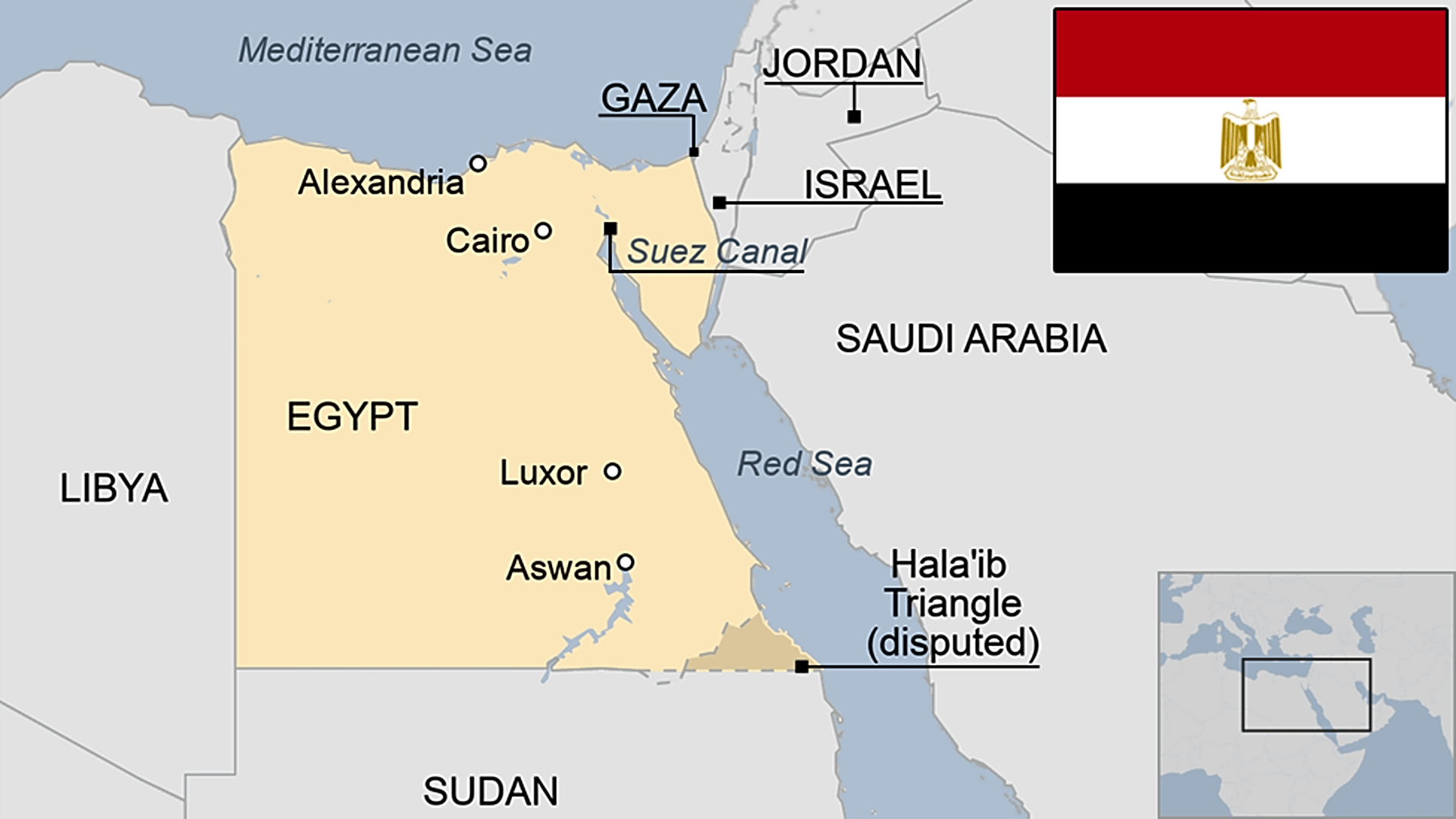After Nigeria’s competition regulator determined that US IT giant Meta had abused its dominance by preventing customers from giving their consent to share data, Meta has promised to fight.
Due to “obnoxious, exploitative, and unscrupulous” alterations to WhatApp’s privacy policy made in 2021, the US social media firm Meta has been fined USD 220 million by Nigeria’s Federal Competition and Consumer Protection Commission (FCCPC).
The FCCPC’s final order, which was issued on July 18, was the result of a 38-month investigation that included correspondence with the US technology corporation throughout the course of the parties’ meeting in April of this year.
The Commission launched an investigation to determine if the revised privacy policy violated the Federal Competition and Consumer Protection Act (FCCPA)2018, along with Nigeria Data Protection Regulation (NDPR), and was an abuse of dominance, following its release in May 2021.
The FCCPC specifically looked into complaints that users had no other option than to stop using the app in order to opt out of the policy.
In the absence of contrary evidence, an investigation report released in November of last year concluded that WhatsApp’s conduct “may be violations of the FCCPA and NDPR” and that “credible evidence and analysis demonstrated that WhatsApp is dominant” in the Nigerian contact-based instant messaging market.
The California-based company met the Commission’s June 2021 invitation to present evidence to the contrary by July of that year, along with submissions from outside attorneys acting on its behalf. This exchange of views continued for several months.
The FCCPC specifically complained about the “unscrupulous and discriminatory” handling of its European and Nigerian consumers. “Users/consumers/data subjects in Europe were offered more protection and detailed information about the data points collected, why such data points were collected, what they will be used for, and in the event of a withdrawal of consent, how to effect same without losing functionality,” the report stated, despite similarities between the 2019 NPDR and Europe’s General Data Protection Regulation (GDPR).
The Commission discovered that Meta gathered almost ten times as much user data as competitors in the messaging space, shared that data with other Facebook group companies, and essentially restricted the functionality of customers who did not give their authorisation.
In a similar vein, the Commission discovered that Meta bundled unnecessary non-essential data with essential data and that consumers were not given a fair chance to consent to the policy. Additionally, some of the consumers who did consent “initially accepted the terms under circumstances which were coercive.”
These results were provided to Meta in January of this year, and through the Nigerian legal firm Udo Udoma & Belo-Osagie, Meta responded. Following a meeting between the parties in April, the FCCPC rejected Meta’s suggested solutions, which resulted in the final notice and punishment that were issued last week.
The Commission has mandated that Meta cease sharing data with other Facebook companies without further consent and provide written assurances about future behaviour, all within 15 days, to let users revoke their permission to the program, and align the policy with Nigerian law.
In a document signed by FCCPC Chief Legal Officer Chizenum Nsitem, the US tech giant was also mandated to settle the USD 220 million penalty and USD 35,000 in investigation fees to the FCCPC within 60 days.
“In 2021, we went to users globally to explain how talking to businesses among other things would work and while there was a lot of confusion then, it’s actually proven quite popular,” a WhatsApp spokeswoman said in a statement. We are appealing the decision because we don’t agree with the ruling made today or the fine.
It was revealed July 23, that Meta is up against a comparable challenge in Europe over its Facebook and Instagram advertising policy.
The Economic and Financial Crimes Commission (EFCC) of Nigeria issued a warning to the nation’s gaming industry last month to strengthen its anti-money laundering protocols.


